| The Code of Ethics(Download ICMTA CODE OF ETHICS AS A PDF) Introduction to the Code (Updated Jan 2025) The aim of the ICMTA Code of Ethics is to provide guidelines as shared principles and best practices for our work as conscious movement teachers in our local communities and across the globe. We recognize that ICMTA members come from diverse backgrounds, cultures, professions, communities, gender identities, sexual orientations, beliefs, as well as residing in different countries and speaking multiple languages. We seek to celebrate our diversity as a great strength and rich ongoing learning (see the ICMTA Diversity Policy) and understand that all of us, regardless of background, have blind spots. As teachers of conscious movement, we regularly face ethical challenges that require self-reflection, self-responsibility and enquiry into our blind spots. We aspire to educate ourselves and seek to embody the values of dignity, respect, equality, integrity and compassion, and, above all, to do no harm as teachers. While teachers are asked to agree to the ICMTA Code of Ethics when they become ICMTA members, we recognize that situations can arise that challenge this agreement. The aim of the ICMTA Code of Ethics is to provide ethical guidelines for teachers to support them to recognize when they are in a situation that requires ethical support, and to strongly encourage them to seek both peer and professional support. To engage with the Code of Ethics means to integrate its meaning and values in our being and in our actions as professional movement teachers. We are aware that this document is written in English only, and that many of us don’t have English as our first language. When words are translated from one language to another, they sometimes change their form and their energy. So we are offering this introduction to help you engage with the Code of Ethics from a deeper level, and find ways to translate it into your language(s) in a way that conveys the deeper meaning of the words rather than merely their literal translation.
THE CODE OF ETHICS1. Professional and Personal Integrity A commitment to personal and professional integrity provides a solid foundation and basis for our work as conscious movement teachers. This includes: 1.1 A commitment to ongoing education in the practice we teach. 2. Safety & Awareness A commitment to safety and awareness. As conscious movement teachers we are dedicated to providing a safe space for movement exploration. This includes :- 2.1 Ensuring sobriety in our classes and workshop sessions. This means neither teacher nor students, so far as we can ensure it, should use intoxicants that affect awareness before or during classes or workshop sessions. This includes, but is not limited to, abiding by any local laws where we teach related to the use of drugs and alcohol. 3. Healthy Boundaries A commitment to healthy boundaries. 3.1 Sexual Boundaries 3.1.1 A sexual relationship or romantic intimacy is not appropriate between teachers and their students. 3.1.2 In an exceptional case where a relationship develops over time between a teacher and student, the student-teacher relationship must have clearly and consciously ended before any development of romantic intimacy or sexual relationship. 3.1.2 A minimum time period must elapse from the end of the teacher-student relationship and the beginning of a sexual and/or romantic relationship. We recommend this is at least 3 months to allow time and space for clear seeing, and to prevent impulsive decisions that might harm teacher and/or student alike. 3.1.4 A clear understanding from both parties that the student-teacher relationship has ended. 3.1.5 The teacher has a responsibility to get professional supervision and/or peer support to explore potential areas of unconsciousness and any personal issues involved. 3.2 Emotional Boundaries 3.2.1 We are responsible for respecting the welfare and best interests of our students. 3.2.2 We do not use our position as a teacher to take advantage of students and will not depend on students to fill emotional and social needs. 3.3 Financial Boundaries 3.3.1 We are clear and fair in our business dealings with our students. 4. Accountability A commitment to accountability. We make ourselves accountable to our students, and to each other. We will practice responsible communication and dialogue, and seek peer support and/or professional supervision should any complex boundary or territorial issue arise. If an issue cannot be resolved through these means we will consult the ICMTA Ethics and Mediation Circle and seek the support of the ICMTA Mediation Procedure or the ICMTA Grievance Procedure as is appropriate. |
